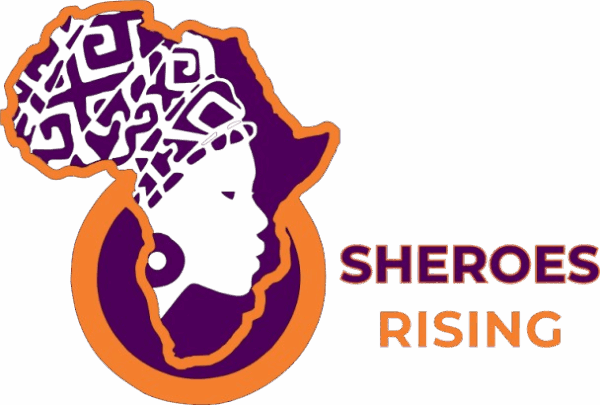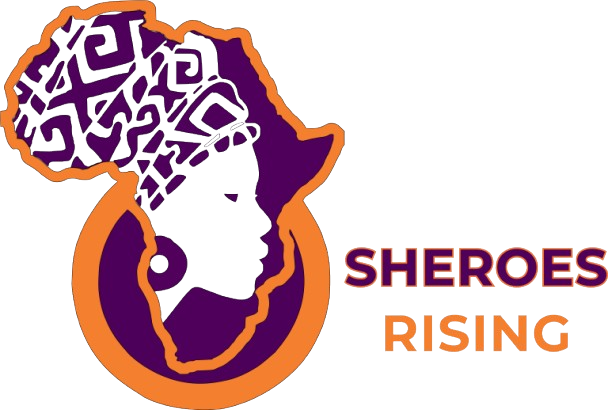Every month, Bolanle Oyebamji endured waves of pain radiating from her lower back, through her legs, and across her pelvis. For the recent graduate of Ekiti State University, menstruation was more than biology, it was a debilitating disruption.
A friend suggested she try Postpill, a contraceptive pill, not to prevent pregnancy but to ease her cramps. The outcome was surprising. Her period became irregular, followed by heavier bleeding, but without the agonising cramps.
After that, I didn’t see my period for two months, and that got me worried. That was my first time using the drug, and I had no choice but to consult a doctor,
she said the pill also left her dizzy and weak, affecting her studies. Doctors diagnosed her with a simple ovarian cyst, a condition often linked to changes in menstrual cycles. While relieved it wasn’t more serious, she needed hospital treatment.
Her story reflects a growing trend among Nigerian women using hormonal contraceptives originally designed for birth control to suppress or regulate menstruation pain.
Beyond Pregnancy Prevention
Contraceptive pills are about 99 per cent effective at preventing pregnancy when used correctly. But they can also be used to shorten or suppress menstruation; a practice known as “menstrual suppression.” Combined hormonal contraceptives containing estrogen and progesterone prevent ovulation and thin the uterine lining, often leading to lighter or missed periods.
In Nigeria, contraceptive use remains relatively low. Only 31 per cent of women aged 15-49 have ever used contraceptives, and just 12.2 per cent rely on modern methods. For some women, however, these drugs have become a lifeline for managing painful or irregular periods.
Ayobami’s Silent Battle
Ayobami, 26, a hotel food attendant, faced extreme menstrual symptoms: swelling, migraines, vomiting, fatigue, and aching legs.
“There are times I find it hard to get out of bed, let alone make it to work,” she said.
Her repeated absences strained her relationship with her employer, who eventually dismissed her. After trying painkillers like Felvin, diclofenac, and paracetamol without success, she turned to contraceptives. But relief was limited, and her struggle continued.
Experts Weigh In
While contraceptives can help regulate cycles and reduce pain, experts warn of side effects such as irregular bleeding, nausea, breast tenderness, mood changes, and headaches. Longterm suppression may also hide underlying conditions like endometriosis or fibroids.
Dr. Unimke Agim, a gynaecologist, explained that contraceptives are sometimes prescribed for women with conditions such as endometriosis or polycystic ovarian syndrome. However, he cautioned against self-medication. “They can interact with other medications and may not be effective in some cases,” he said.
A Widespread Problem
Dysmenorrhea, painful periods affects about 70 per cent of Nigerian women of reproductive age and is a leading cause of absenteeism. One study showed that nearly 70 per cent of female students reported menstrual pain, with 5 per cent describing it as severe. Many admitted it disrupted work, school, or social life.
Cultural stigma, poor access to hygiene facilities, and limited availability of gynaecologists compound the problem. These barriers push many women toward contraceptives as an improvised solution.
Relief or Risk?
For women like Bolanle and Ayobami, contraceptives represent both relief and risk. They offer a chance to ease the silent struggles of menstrual pain, yet they come with uncertainties when used without proper medical advice.
As experts highlight, the real challenge lies in ensuring access to accurate information, affordable healthcare, and open conversations about menstruation. Until then, many Nigerian women will continue to navigate the delicate balance between pain control and potential side effects.
Fatima Ikram Abubakar is a
Mass Communication
Afe Babalola University,
Ekiti.









